The views expressed in our content reflect individual perspectives and do not represent the authoritative views of the Baha'i Faith.
…show forth tenderness and love to every human being, even to your enemies, and welcome them all with unalloyed friendship, good cheer, and loving-kindness. – Abdu’l-Baha, Selections from the Writings of Abdu’l-Baha, p. 21.
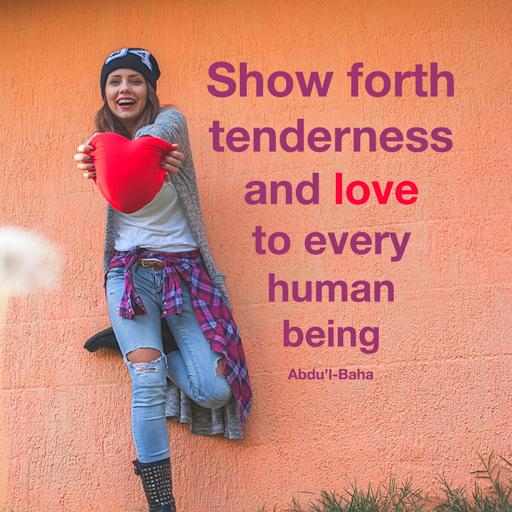 My close friend Tim Anderson and I both discovered the Baha’i Faith at about the same time. A little older than me, Tim had always been a surrogate big brother, someone I looked up to and trusted. As high school friends in Arizona, we’d never heard of this new religion before, but it piqued our curiosity. We wanted to know more. We talked to Baha’is, went to informal Baha’i meetings and independently investigated Baha’u’llah’s Faith. Tim decided to become a Baha’i a year earlier than I did—he always had better instincts.
My close friend Tim Anderson and I both discovered the Baha’i Faith at about the same time. A little older than me, Tim had always been a surrogate big brother, someone I looked up to and trusted. As high school friends in Arizona, we’d never heard of this new religion before, but it piqued our curiosity. We wanted to know more. We talked to Baha’is, went to informal Baha’i meetings and independently investigated Baha’u’llah’s Faith. Tim decided to become a Baha’i a year earlier than I did—he always had better instincts.
Because of our commitment as Baha’is, and because of the Vietnam War, we were both drafted into the United States Army, and became conscientious objector medics. That meant Tim and I would serve in combat, but not carry a weapon or kill anyone–the Baha’i teachings forbid taking the life of another person.
Tim went to Vietnam first.
When he came back I was just about to be deployed, and we sat down together for a debriefing. Tim had survived the experience, so I counted on him to fill me in, and I asked him for his number one piece of advice.
“Simple. Don’t get mad,” he told me.
That struck me as a pretty strange thing to say, and I told him so.
“I learned it from Abdu’l-Baha, and it saved my life, more than once,” he said. Then he told me a story.
A lone sniper had pinned down his platoon as they moved through the jungle toward an abandoned village they had been ordered to check out. The sniper shot and killed two Americans. This happens often in guerilla warfare, because one accurate rifleman in a well-concealed position can wreak havoc. But finally, after an extended exchange of fire, one of Tim’s fellow soldiers managed to wound the sniper, who tumbled out of the tree where he’d hidden.
Several of the men in the platoon rushed the fallen Vietnamese soldier, furious that he had killed two of their friends. But Tim got there first, somehow prevented his platoon from finishing off the sniper, and treated his wounds. “He was a kid,” Tim said, “Ragged clothes, thin, had an old French rifle. Maybe fourteen years old. Obviously a draftee, like us.”
Tim treated and bandaged the sniper, gave him morphine for the pain and spoke to him reassuringly and gently using the little Vietnamese he knew. The boy soldier started to sense, Tim said, that he was not going to die. He looked up at Tim with gratitude. But the platoon leader, anxious to complete the mission, ordered them all forward toward the nearby village. “Tie up the prisoner,” he told Tim, “and we’ll pick him up on the way back.”
“That wounded kid looked up at me,” Tim said, “and he shook his head ‘no’ so hard I thought he’d snap his own neck. He kept looking in the direction we were headed, and it took me a minute to figure it out, but he was actually warning me. I could see it in his eyes–don’t go into that village.”
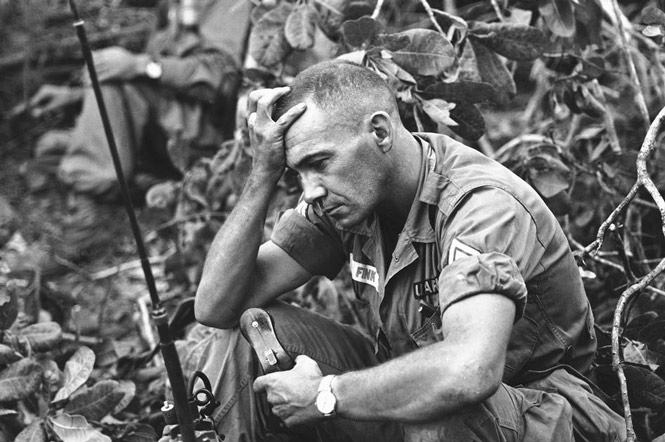 Tim told his platoon leader. They thought about it for a minute, then the platoon leader used his radio to call in an artillery strike. When the first artillery round exploded, a rapid and very loud series of secondary explosions immediately followed. Everyone in the platoon looked at one another.
Tim told his platoon leader. They thought about it for a minute, then the platoon leader used his radio to call in an artillery strike. When the first artillery round exploded, a rapid and very loud series of secondary explosions immediately followed. Everyone in the platoon looked at one another.
The village had been extensively booby-trapped, ready to demolish any patrol that walked in.
“You know that passage in the Baha’i writings, from Abdu’l-Baha, that says ‘show forth tenderness and love, even to your enemies?’ Well,” Tim said, “good thing I heard that before I went to war.”
War, I learned later from my own experiences, is just institutionalized anger. In fact, it’s the murderous release of pent-up rage, which comes naturally to all of us when we see friends oppressed or injured or slaughtered. Baha’is believe we can stop war if we can refuse to give in to its anger, if we can forgive, if we can find it in our hearts to halt the instinctual cycle of revenge and retribution it engenders:
Not until the cause of universal peace becomes a personal religious conviction will it prove to be permanent. Diplomacy is impotent; the all-powerful Word of God must establish it and make it a living, potent and lasting factor in the world. Hearts must be purified and no trace of revenge, enmity and rancour must linger in any heart–until peace shall prove to be permanent. – Abdu’l-Baha, Star of the West, Volume 8, p. 117.
You May Also Like
Comments



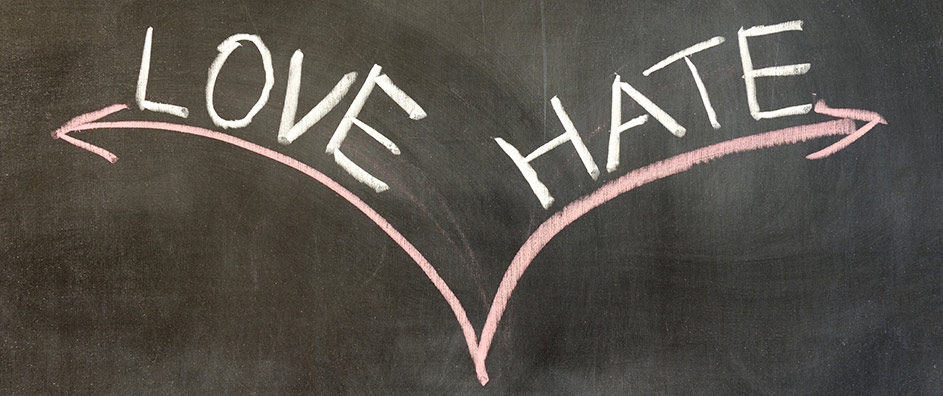

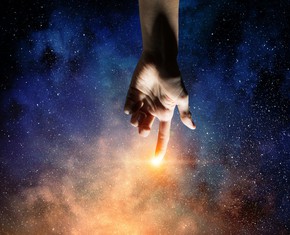



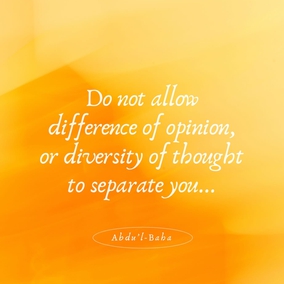
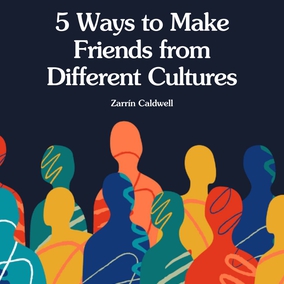
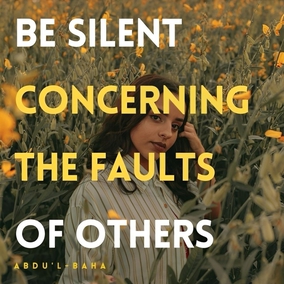





Your final extract in which the Master says 'Diplomacy is impotent' is eluding me. Do you know the outer volume of Star of the West? I'm no expert on archives, files, sources but I think there are several Volume eights
Baha'i love
Paul